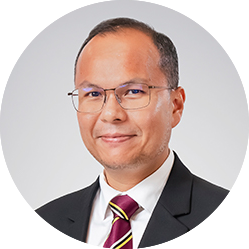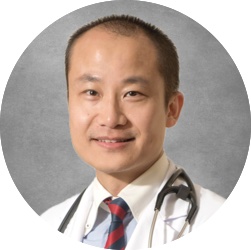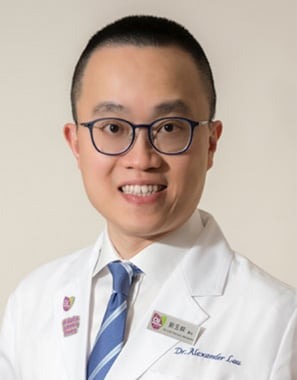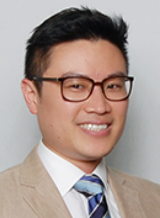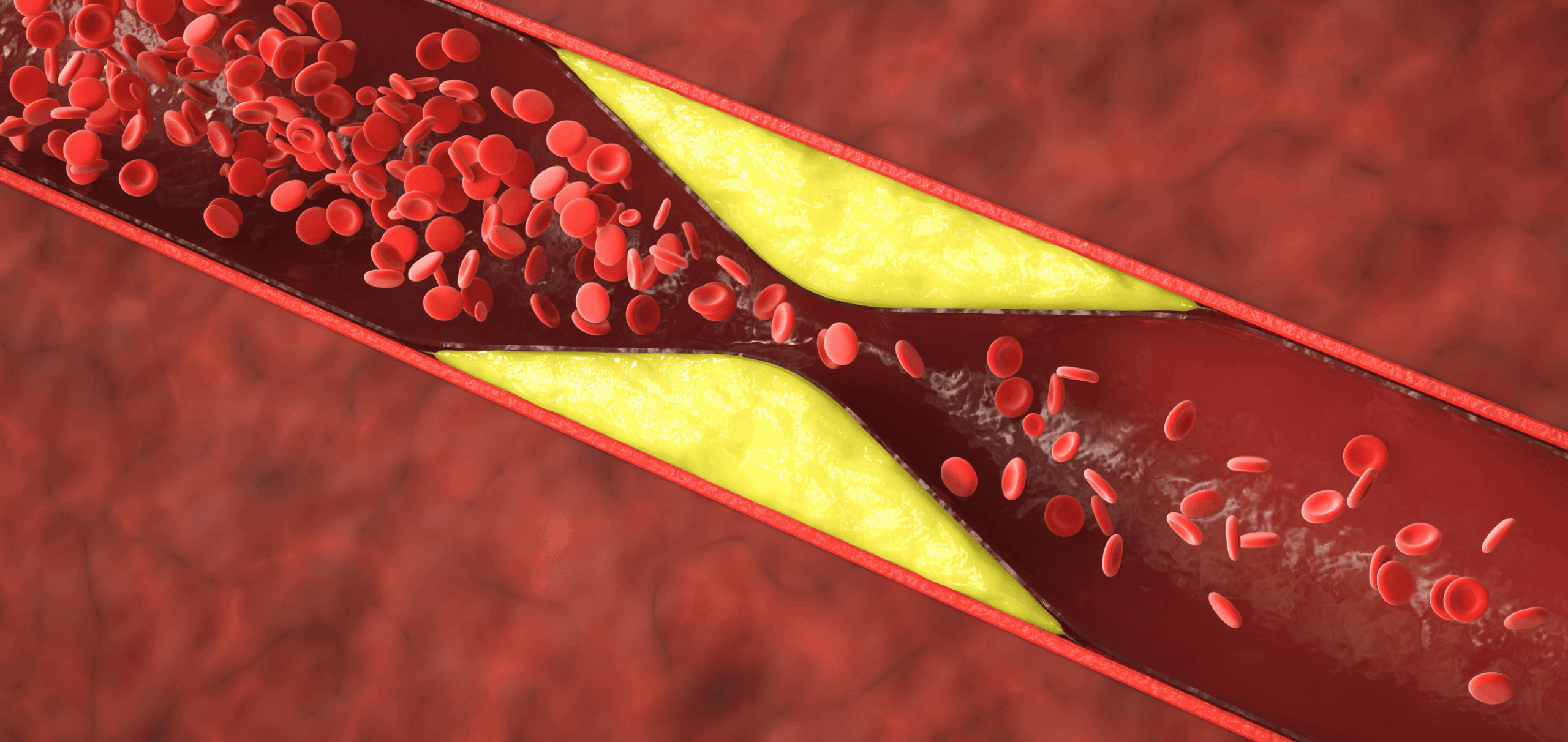Neurology
Editor’s Pick

Dementia affects over 57 million people globally, with numbers projected to triple by 2050 due to population aging. While Alzheimer’s disease (AD) dominates clinical focus and public attention, vascular dementia (VaD), the second most common subtype, poses its own set of diagnostic challenges, and a compelling opportunity for prevention through effective vascular risk management and multidisciplinary care.

The increasing incidence of ischemic stroke in patients receiving direct oral anticoagulants (DOACs) highlights the heightened risk of subsequent ischemic events. Yet, the effectiveness and safety of antithrombotic regimens following this condition remain uncertain.1 In this investigation, patient outcomes were compared between those receiving DOACs with or without an alternative antithrombotic regimen, and the risk factors for recurrent ischemic stroke while on anticoagulation were identified. The 6-year study period, spanning January 1, 2015 to December 31, 2020, included 45,946 non-valvular atrial fibrillation (NVAF) patients administered DOACs for stroke prevention. Among them, 2,908 patients experienced an ischemic stroke despite the DOAC treatment, and 2,337 NVAF patients were included in the final analysis. The findings demonstrated that switching to warfarin (aHR=1.96; 95% CI: 1.27-3.02; p=0.002) or another DOAC(aHR=1.62; 95% CI: 1.25-2.11; p<0.001) was associated with an elevated risk of recurrent ischemic stroke compared with maintaining the sameDOAC therapy. Furthermore, the addition of an antiplatelet agent did not exhibit a reduced risk of recurrent ischemic stroke. The risk factors of recurrent ischemic stroke include diabetes mellitus (DM), concurrent cytochrome P450/P-glycoprotein (CYP/P-gp) modulators, and large artery atherosclerotic disease (LAD).

Multiple sclerosis (MS) is among the most common central nervous system (CNS) inflammatory demyelinating diseases with an estimated global prevalence of 1 in 3,000 people in 2020. Although MS is regarded as relatively uncommon in the Asia Pacific Region and even rarer in Hong Kong with a local prevalence of 0.77 per 100,000 people in 1999, a recent study revealed that the local MS prevalence was 6.9 per 100,000 people in 2020, which was higher than mainland China and Taiwan. In an interview with Omnihealth Practice, Dr. Alexander Lau explained the rising trend of MS in Hong Kong over the past decade. To better manage MS, Dr. Lau also discussed the opportunity of having an integrative platform that combines both Western and Chinese medicine as a comprehensive approach for long-term MS treatment.

With a rapidly deteriorating disease course, glioblastoma (GBM) is the most common and aggressive primary brain tumor with a typical 2-year and 5-year survival rate of 25% and 5-10%, respectively. Ever since the establishment of a standard-of-care treatment more than 15 years ago, comprising of surgical resection followed by adjuvant concurrent temozolomide chemo-radiotherapy (CCRT), little progress has been made. To address this unmet need, tumor-treating fields (TTFields) was introduced as a concurrent antimitotic treatment to CCRT and demonstrated a significant survival benefit among GBM patients worldwide as well as in Hong Kong. In the 27th Annual Scientific Meeting held by the Hong Kong Neurosurgical Society in December 2020, Dr. Peter Woo, Specialist in Neurosurgery, presented the interim analysis of a local study that demonstrated significant quality-of-life (QoL) and progression-free survival (PFS) benefits among newly-diagnosed GBM patients who received TTFields plus CCRT when compared to CCRT alone.
News & Perspective
Features
Conference Update
American Academy of Neurology (AAN) Annual Meeting 2025
Apr 5-9, 2025|
San Diego, United State
